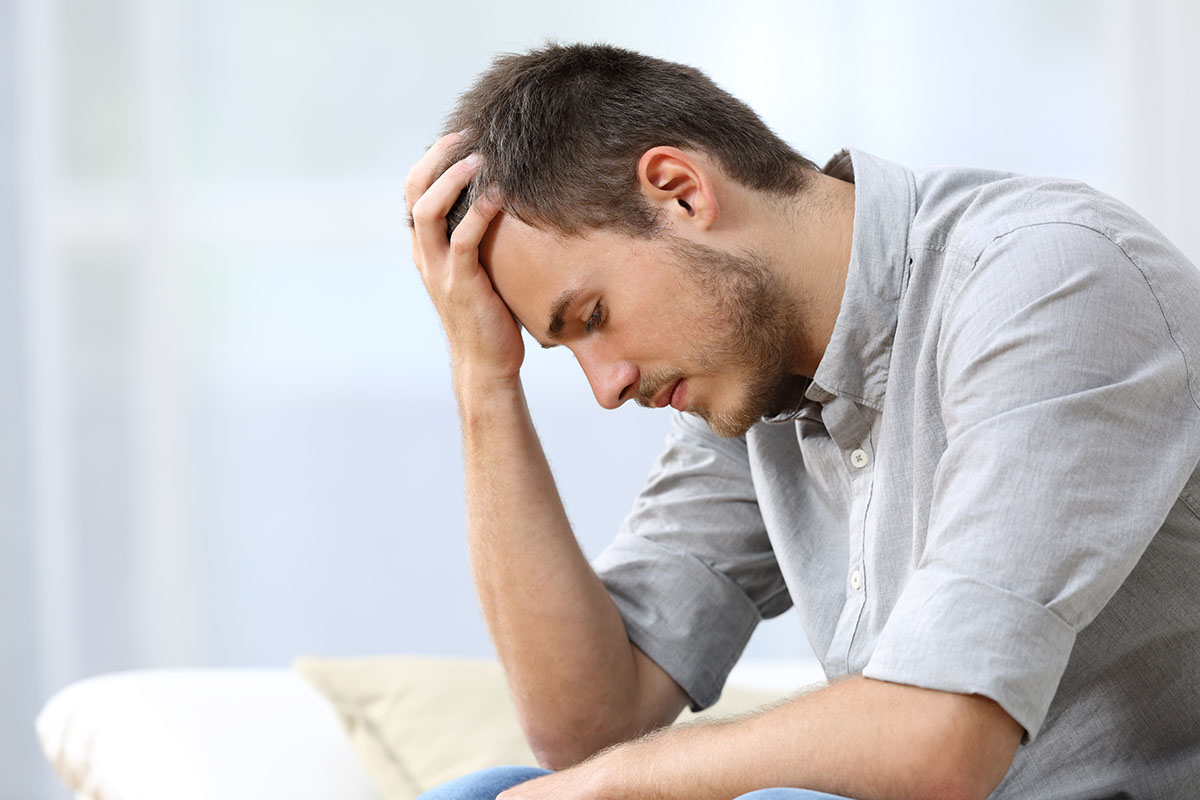Opiates is a term frequently used interchangeably with the word opioids. They refer to a class of drugs often prescribed for the treatment of acute and severe pain. While opiates do indeed have therapeutic benefits, prescription drug abuse is common. In fact, commonly abused opiates are the number one cause of drug overdoses in America. The opiate addiction treatment in Florida at Gulf Breeze Recovery can help. Don’t hesitate to reach out to us online or call 833.551.2304 today to learn how our team of professionals can help you or a loved one recover from opiate use disorder.
What Are Opiates?
Before you can spot the signs of an opiate use disorder, it’s critical to understand what the most commonly abused opiates are. Opiates are a group of drugs commonly used to treat pain and are now the most commonly abused drugs in the United States. Technically speaking, opiates refer to substances derived naturally from the poppy plant that contains opium. The word opiate is now used for both illicit opioids and prescription narcotics. The most common natural opiates are morphine, codeine, and heroin. These are directly related to the opium plant found in nature.
Opioids, on the other hand, are synthetic opiates like Oxycontin or Vicodin. These are the drugs that are frequently prescribed by medical doctors to treat extreme pain but can easily become abused. Some of the opioids used medically, that are also the commonly abused opiates, include:
- Codeine
- Fentanyl
- Oxycodone
- Oxycodone and acetaminophen (Percocet)
- Hydrocodone/acetaminophen (Vicodin)
- Propoxyphene (Darvon)
- Hydromorphone (Dilaudid)
- Meperidine (Demerol)
- Diphenoxylate (Lomotil)
- Methadone
- Morphine
Heroin Use Often Begins With a Painkiller Prescription
Opiates are usually taken as a prescription and come in pill form, except for heroin. In the United States, there is a severe opiate issue that covers both heroin addiction and prescription opiates, leading to hundreds of thousands of individuals suffering from prescription drug abuse, and tens of thousands dying by overdose every year.
Along with the most commonly abused opiates, four out of five new heroin users began with abuse of prescription painkillers that they were legally and appropriately given by their doctor. Many young people will obtain pain relievers from a friend or relative, possibly well-meaning, but these drugs can start adolescents on a treacherous path toward opiate addiction.
Thankfully, there is help available. At Gulf Breeze Recovery, detox, rehab, and therapy focused on the individual as a whole person has the potential to heal, teach, and guide you toward a lifelong recovery from opiate addiction.
Why Are Opiates Addictive?
There is a very high potential for abuse when using opiates because they are incredibly addictive. Even when obtained by a legal prescription for an opioid painkiller and taken under the instruction of their doctor, there is a significant likelihood of abuse or addiction.
When you take an opiate, the drug enters your bloodstream and overwhelms your body with an unnatural amount of dopamine and endorphins. This causes intense feelings of pleasure and euphoria. Continuing to use opiates, the body will reduce the natural creation of dopamine and endorphins. This makes it difficult to experience feelings of pleasure without using more opiates. Long-term use of opiates can also impact your ability to react to natural dopamine and endorphins. The result is a dependency on opiates to feel the kind of joy and pleasure you once felt naturally.
The Effects of Opiate Abuse
In addition to a heightened risk of overdose, abusing opiates may produce many different side effects. Some of these may be mild, while others are extreme and dangerous. The effects of the commonly abused opiates may include:
- Clamminess and sweating
- Confusion
- Constipation or nausea
- Decreased pulse and/or blood pressure
- Drowsiness and dizziness
- Dry mouth
- Feeling of weakness
- Itchy feeling
- Lack or loss of coordination or consciousness (fainting)
- Coma
- Death
Learn More at Gulf Breeze Recovery
Learn how the aftercare program at Gulf Breeze Recovery can be the sober living support group you need to stay on the straight and narrow. Contact us using our secure online form or call us confidentially at 833.551.2304 today.







